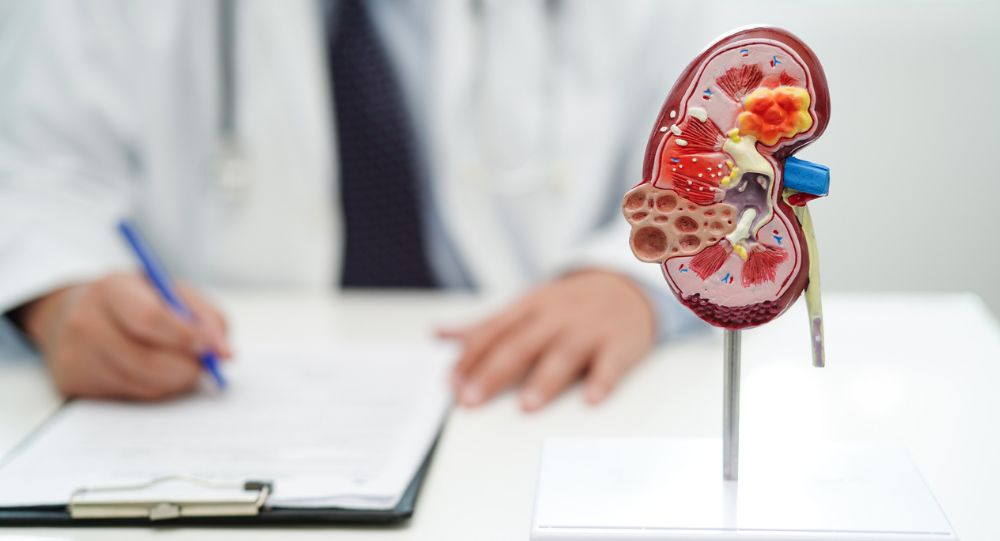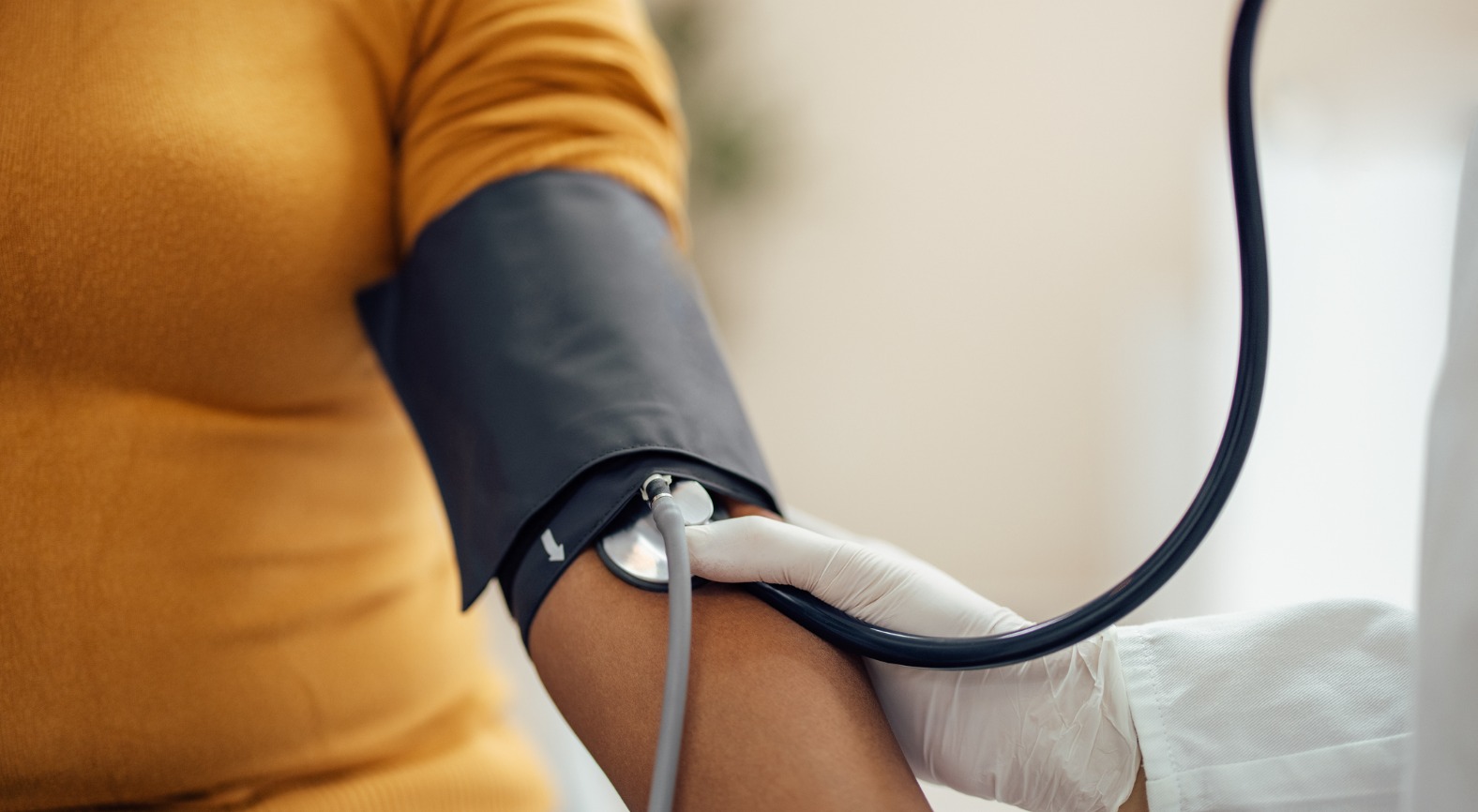Coffee is part of daily life for millions of people. It’s the morning ritual that helps us wake up, focus, and feel energized. However, if you’re concerned about your kidney health, you may be wondering: Is coffee bad for your kidneys?
The good news is that, for most people, coffee can be enjoyed in moderation as part of a kidney-friendly lifestyle. But like anything, it’s important to consider how much you drink, what you add to it, and how it affects your overall health, including your blood pressure.
The Amount of Coffee Matters
When it comes to coffee and kidney health, moderation is key. For most healthy adults, drinking one to three cups of coffee per day is generally considered safe. However, drinking excessive amounts (more than four or five cups daily) can raise concerns, especially if you’re managing other conditions like hypertension or chronic kidney disease (CKD).
Caffeine in coffee is a mild stimulant. In large amounts, it can cause a short-term increase in blood pressure and heart rate. If you already have high blood pressure, it’s worth talking to your healthcare provider about how much coffee is appropriate for you.

Coffee, Potassium, and Kidney Health
Potassium is a mineral that plays a crucial role in nerve and muscle function, including your heart. The kidneys help regulate potassium levels in the body. In general, black coffee is low in potassium, so it’s not usually a concern in typical servings.
However, if you drink large amounts of coffee or add ingredients like milk, cream, or plant-based creamers (which can contain added potassium), your intake can add up. This is particularly important for individuals with advanced kidney disease, who may need to monitor potassium more closely to avoid complications like irregular heart rhythms.
How Coffee Affects Blood Pressure
Coffee’s caffeine content can cause a temporary spike in blood pressure, especially in people who aren’t regular coffee drinkers. For most people, these effects are mild and short-lived. However, if you have hypertension, your healthcare provider may recommend limiting caffeine intake or spacing out coffee consumption to minimize its impact on your blood pressure.
Keep in mind that other lifestyle factors, like sodium intake, physical activity, and stress levels, also play a significant role in managing blood pressure.
Additives Make a Difference
Coffee itself isn’t usually the problem; it’s what we add to it that can make a difference to your kidney and heart health. Many coffee drinks today are loaded with:
- Added sugars
- Flavored syrups
- High-fat creamers
- Whipped cream toppings
- Salted caramel or other high-sodium flavorings
These extras can contribute to weight gain, higher blood pressure, and increased cholesterol, which can indirectly harm your kidneys over time. Choosing plain black coffee or coffee with a splash of low-fat milk or an unsweetened plant-based alternative is a smarter choice.
Stay Hydrated
It’s a common myth that coffee dehydrates you. While caffeine has a mild diuretic effect, moderate coffee consumption doesn’t cause dehydration in most people. However, it’s still important to drink plenty of water throughout the day, especially if you’re trying to prevent kidney stones or support overall kidney function.
When to Be Cautious
While coffee is safe for many people, certain groups may need to be more mindful:
- People with uncontrolled high blood pressure: Because of the potential for caffeine to raise blood pressure, moderation is especially important.
- Those with advanced CKD: Depending on your potassium levels and fluid restrictions, your doctor may advise adjusting your coffee intake or additives.
- Pregnant individuals: Caffeine recommendations are lower during pregnancy; talk with your OB-GYN about what’s right for you.
So, is coffee bad for your kidneys?
For most people, the answer is no, coffee is not bad for your kidneys as long as you’re mindful of how much you drink and what you add to it. One or two cups of coffee a day can fit into a healthy lifestyle.
As always, if you have kidney disease, hypertension, or other health concerns, it’s a good idea to check with your healthcare provider to understand what’s best for your individual needs.
Supportive, Compassionate Kidney Care
At The Kidney & Hypertension Center, we’re here to help you make informed choices about your kidney health and blood pressure management. Our top-rated providers deliver compassionate, comprehensive care tailored to your unique needs, so you have one less thing to worry about.
Have questions about managing kidney health? Request an appointment today and let us support you on your health journey.




